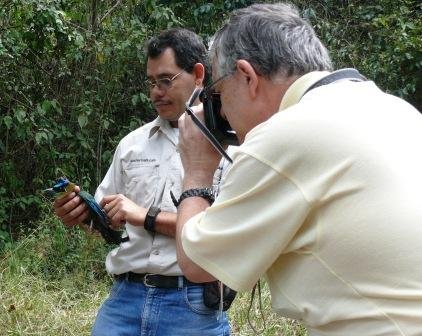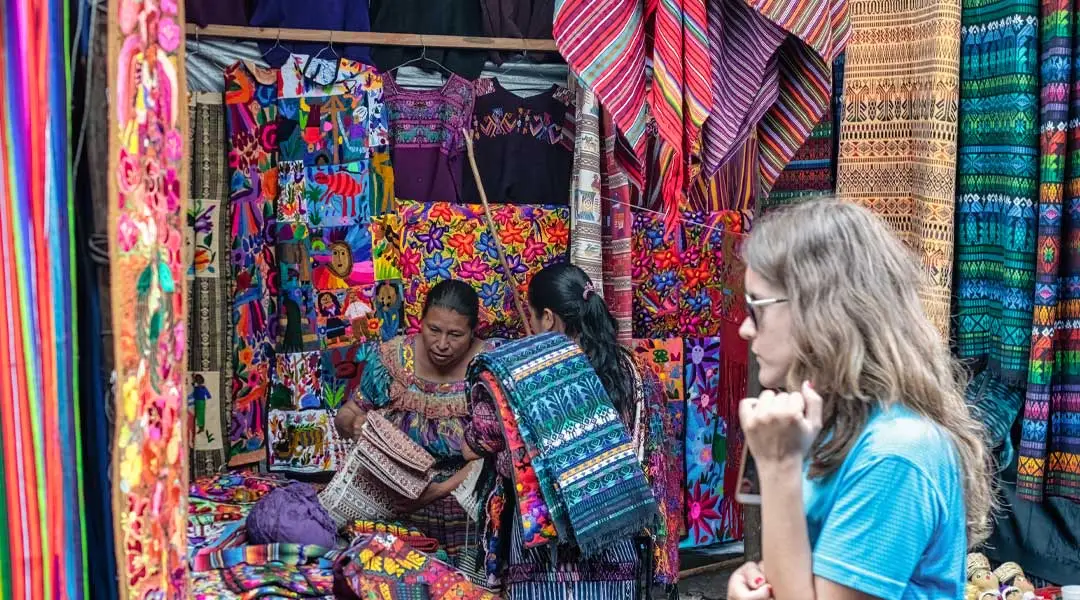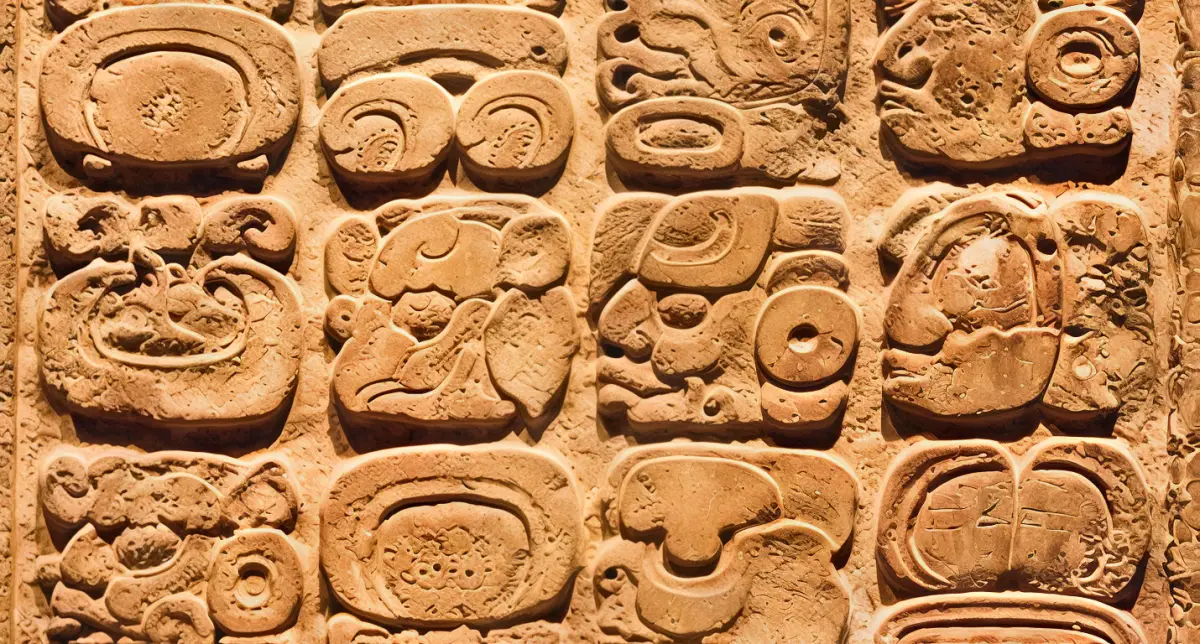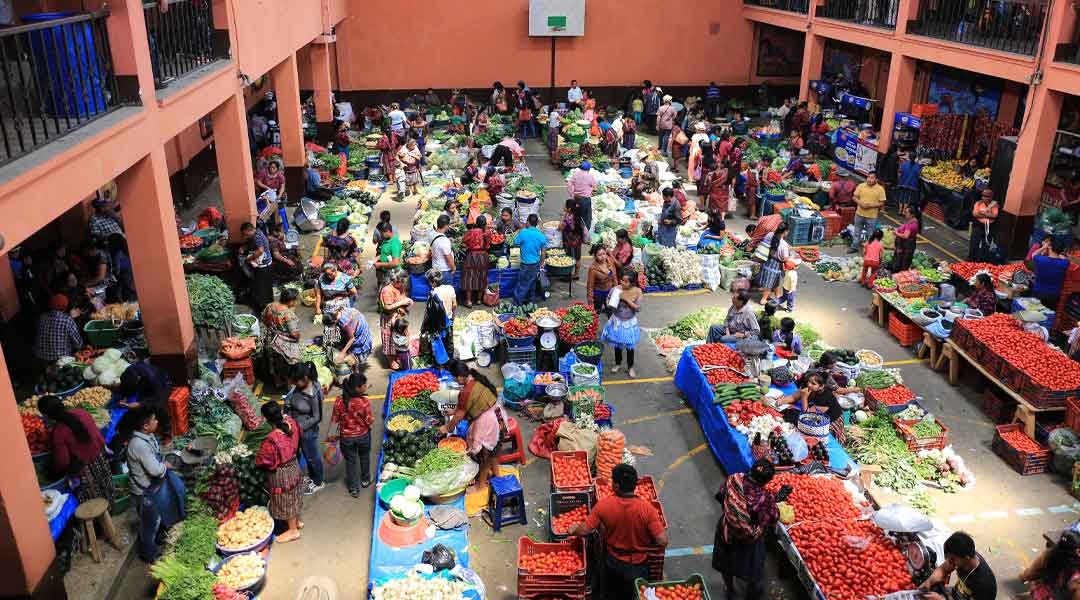by L
(Note from the travel from Drs. Gert Sdouz and Manfred Käfinger to Nakum, with our drivers Pedro Cardona and Edwin Gonzalez on Thursday, March 7th, 2013, pictures by Pedro Cardona and Edwin Gonzalez )
Nakum is a Mayan city relatively close (10 miles north) to Yaxhá, an archeological site. This is a late classic city from the 8th to 10th century. This is one of the three sites forming the Yaxhá-Nakum-Naranjo archaeological triangle and natural site. I love visiting Tikal, Yaxha, and Nakum because you can see pyramids everywhere, all with different architectural expressions. The route to Nakum is made in a 4×4 vehicle into the green, exuberant jungle. When you reach the place, you feel like a lost and forgiven millenary city, like the antique discoverers. Here, you can see pictures of this place. This is a visit I will recommend for people who want to travel into the jungle by car in a relatively easy 4×4 experience and feel they are discovering a lost city in the middle of nowhere.


Drs. Gert Sdouz and Manfred Käfinger visited us last week to visit the main Mayan sites, including Yaxha, Tikal, El Perú, La Blanca, La Corona, Naranjo, and, of course, Nakum. This is not the first time they have visited Guatemalan archeological sites.
Many travelers asked me, when they were watching the spider monkey activity and daring jumps between trees, if it was possible for the monkeys to fall down. Well, it is possible, and I have seen it several times. On this occasion, during their travel to Nakum, we unexpectedly got an answer to a question we did not have. It is very interesting for naturalists and biologists: Can a bird get trapped in vines or weeds when flying into the jungle?
When driving to Nakum, the drivers watched something in the forest understory. They found a Blue-crowned motmot (Momotus) moving into the dry vine tangle. The bird was trying to fly, but its feathers were a mess. So, they stopped to take pictures, helped the bird untangle, cleaned its feathers, and let it return to the forest.

The area is entirely of natural forest, and close encounters with wildlife are prevalent. Many times, I have wondered about how it was possible that the Mayan iconography didn’t give importance to the Motmots, which are abundant, diverse, green-blue colorful (Rax in the Mayan language) like Resplendent quetzal and also have a notorious tail.

?







